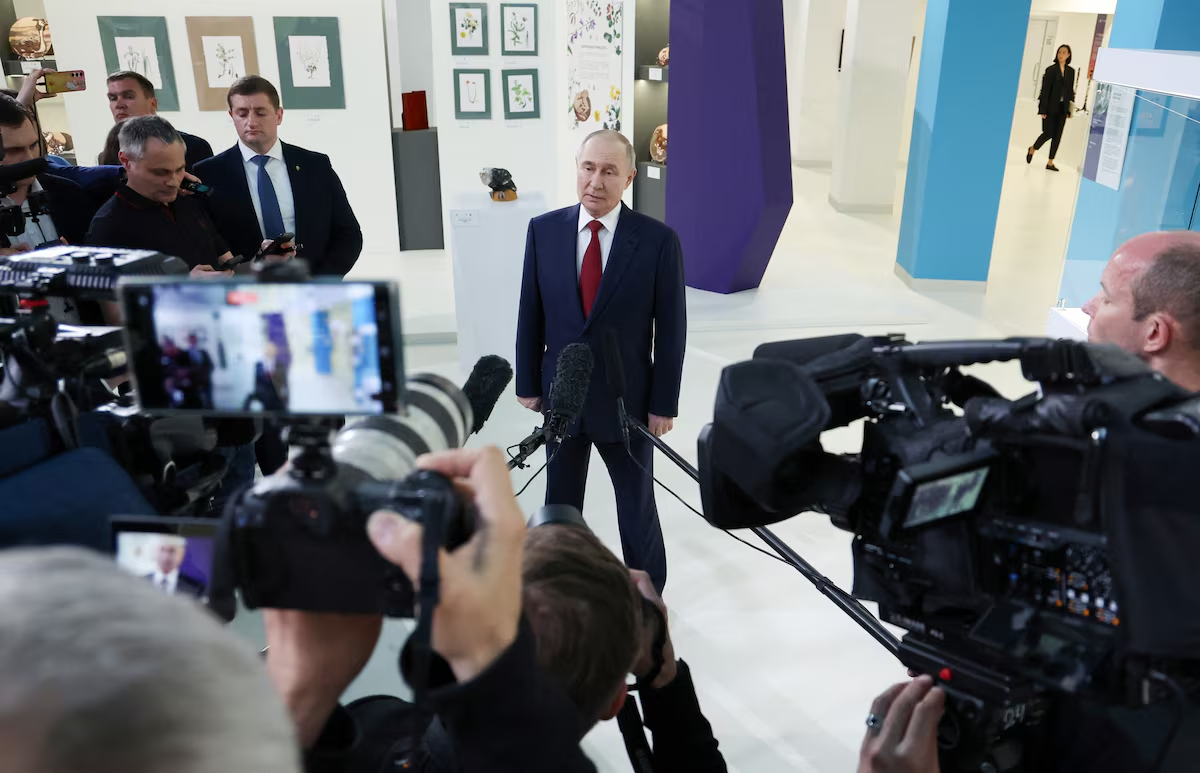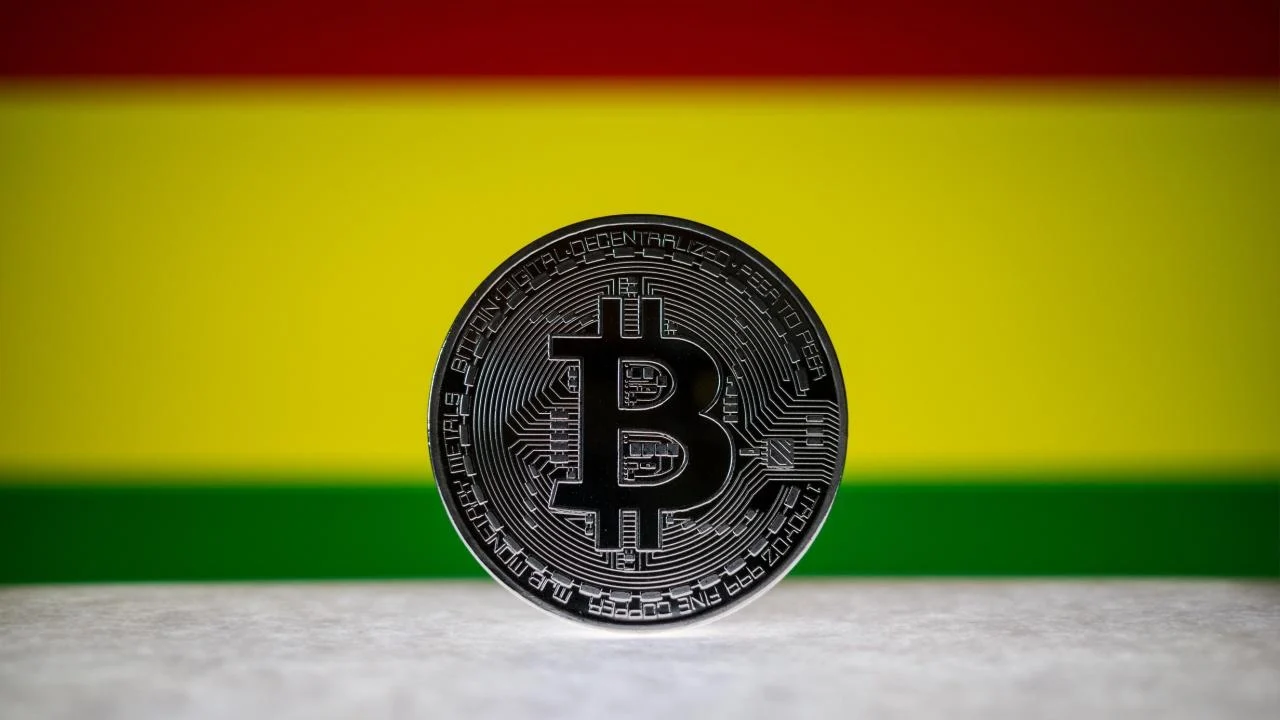U.S. President Donald Trump announced on Sunday that he plans to speak directly with Russian President Vladimir Putin to try and bring an end to the war in Ukraine, signaling a potential shift in U.S. diplomatic involvement as European leaders intensify calls for an immediate ceasefire.
Speaking to reporters aboard Air Force One, Trump said, “We’re looking at making contact with President Putin. I believe we can get this war wrapped up. It’s gone on far too long, and people are suffering on both sides.”
Trump’s statement comes as frustration mounts across Europe over the ongoing conflict, which has entered its third year with no breakthrough in peace negotiations. European Union leaders, increasingly alarmed by the humanitarian toll and economic disruption caused by the war, are pressing both Kyiv and Moscow to agree to a ceasefire framework.
French President Emmanuel Macron and German Chancellor Olaf Scholz issued a joint statement over the weekend calling for “an immediate cessation of hostilities and a return to diplomacy.” The statement, endorsed by several other EU states, urged both Russia and Ukraine to engage in a renewed peace process under international supervision.
While the EU has largely maintained military and economic support for Ukraine, public sentiment in several European countries has shifted, with voters and opposition parties expressing war fatigue and concern over the growing financial burden. The EU’s latest ceasefire appeal is seen as both a humanitarian gesture and a political maneuver to ease domestic pressures.
President Trump, who previously expressed skepticism over continued U.S. military aid to Ukraine, has not clarified whether he would commit to Kyiv’s defense long-term. However, his remarks about contacting Putin suggest a more hands-on diplomatic approach than during the early months of his second term.
“We’re going to do things differently,” Trump said. “I don’t believe in endless wars, and I think we can make a deal that ends the bloodshed and protects everyone’s interests.”
Ukrainian President Volodymyr Zelenskyy has remained firm in his position that any ceasefire must include the withdrawal of Russian troops from occupied territories. Ukrainian officials responded cautiously to Trump’s comments, reiterating that no peace deal would be acceptable if it left occupied regions under Russian control.
“We welcome diplomatic efforts, but any peace must be based on justice and territorial integrity,” said Dmytro Kuleba, Ukraine’s Foreign Minister. “Concessions that reward aggression are unacceptable.”
The Kremlin, for its part, said it had not received any formal request from the White House for a call but welcomed “any dialogue that contributes to peace.” Kremlin spokesperson Dmitry Peskov said, “We are always ready to talk, but the conditions must be realistic and reflect the new geopolitical reality.”
Trump’s potential call to Putin is expected to stir debate in Washington, where Democrats and some Republicans remain wary of any move that might legitimize Russia’s territorial claims. Senate Foreign Relations Committee Chair Bob Menendez (D-NJ) warned that a rushed peace plan could undermine Ukrainian sovereignty.
The Biden administration, now in opposition, expressed concern over Trump’s diplomatic overtures. Former Secretary of State Antony Blinken said in a social media post, “Real peace requires strength and unity, not backroom deals that ignore international law.”
Meanwhile, NATO Secretary General Jens Stoltenberg emphasized the alliance’s continued support for Ukraine, even as diplomatic initiatives gain momentum. “We support all genuine efforts toward peace, but not at the cost of Ukraine’s independence,” he said.
As Trump prepares for what could be a high-stakes conversation with Putin, the world watches closely to see whether this marks a new phase in the conflict—or simply another political maneuver in an increasingly complex global standoff.
Source: Reuters


